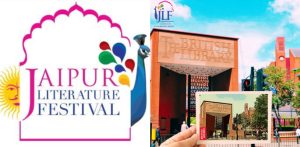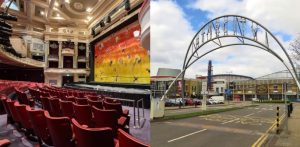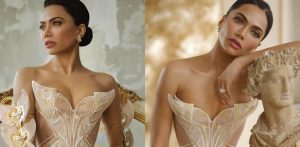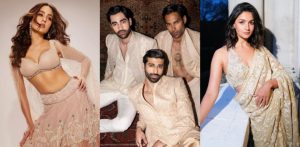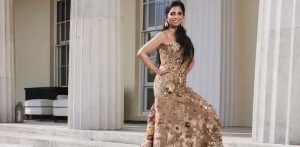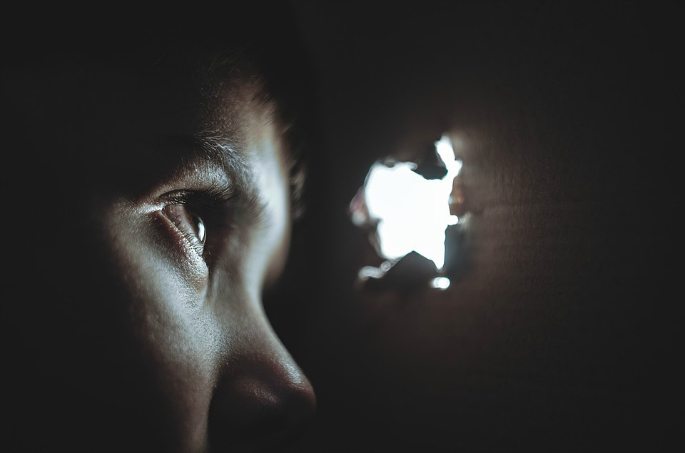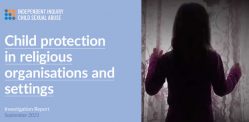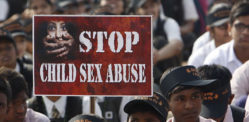"It is easier to keep quiet so that it doesn't bring shame to the family"
Child sexual abuse is largely unreported in South Asian communities across the UK.
In a 2016 report, the NSPCC highlighted the extent of child sexual abuse in the UK. They found over 47,000 police records regarding sexual abuse between 2014 and 2015, a notable rise from previous years – and the highest recorded in the last decade.
Sexual offences varied from sexual assault on male and female children, rape, sexual grooming, exploitation and abuse of a position of trust of a sexual nature.
Another report by the ONS found that at least 1 in 14 adults in England and Wales have been sexually abused as a child, while 3 out of 4 victims that were interviewed had not told anyone before.
Child sexual abuse is predominantly hushed in the South Asian community. Many cultural factors like family honour and respect for elders are reasons for this.
The sad fact is that many of these cultural imperatives and perceived barriers stop victims from seeking help and long-term effects on their lives.
DESIblitz explores the cultural issues surrounding child sexual abuse and how to spot behavioural signs.
Children in South Asian Culture
According to the NSPCC 1 in 14 children are physically abused. But the extent of abuse among children is ‘hidden from view and children may be too young, too scared or too ashamed to tell anyone’. Therefore the true figure is likely to be considerably higher.
While children are exposed to outside factors where they can be sexually abused, many offences actually take place within the confines of the home.
Traditionally in South Asian culture, men and elders have the most authority and respect. Children are raised to revere their elders and not speak against them, no matter what they say or do.
Many British Asians also live with their extended families which can put them at further risk of abuse from uncles and grandparents. This tight-knit circle makes it even more problematic for those living in conservative families to speak out against family members.
South Asian culture has, for the most part, normalised abuse at home. It is alright for parents to discipline their children by hitting. A child is not allowed to speak out; it is not respectable. These values incite fear into children in the South Asian community. So they keep quiet about sexual abuse too. Thus, abuse is perpetuated.
A young person told the NSPCC: “I can’t tell people about what is happening at home. I’ve a large extended family and if anyone finds out they will tell Dad. I always feel trapped like there is no way for me.”
Fear and shame are the main factors preventing children from speaking out against their elders. While hitting might seem like an ordinary punishment for Asian children, many are aware that sexual abuse is wrong.
Aliya tells DESIblitz: “I think that the younger current generation is more likely to report sexual abuse as opposed to something like hitting as it’s seen as a normal punishment unless it is really extreme. Like it’s a discipline technique.”
Statements like this highlight how different forms of abuse are a problem. Also, how important it is to combat these fears.
Perpetrators can be a family member, friend or often a person of authority, whom the family trust. Respect and authority are tough to challenge.
A Brit-Asian male, Sohail* remembers being uncomfortable during his childhood:
“A religious teacher would pull boy’s ears as a form of punishment and he used to also kiss girls on their cheek and put them on his lap. I was too scared to tell anyone because I thought I would get shouted at.
“It’s a cultural issue, it is the way that we were raised… children are in constant fear of their parents.”
Families blame the victim and fear what other people in their community will think of them if they were to find out. Victims are told to keep quiet, and in some cases are even threatened to do so.
The film Monsoon Wedding by Mira Nair cleverly depicts the impact of historical sexual abuse on a female character Ria Verma, by her uncle Tej Puri, in the story.
What are the Cultural Barriers?
The barriers to reporting the abuse include the ideas of izzat (honour), haya (modesty) and sharam (shame). These concepts are negatively utilised to defend the abuse and shift the blame.
Aleena*, a British Asian female says: “The families don’t want to be shamed, and if a girl isn’t modest, it will be difficult for her to find a husband. It is easier to keep quiet so that it doesn’t bring shame to the family.”
Saira* tells us: “Women are scared of their husbands, their husbands family and their own family. They won’t be supported by anyone if anything they are blamed.
“I know of a mother whose 8-year-old daughter was bleeding in her genital area, she took her daughter to a doctor. They suspected sexual abuse, the mother was in denial and tried to change doctors.”
Children can be exploited and/or have a sense of loyalty to their perpetrator. In these cases, some do not see themselves as victims of abuse.
Victims fear not being supported. They dread that the abuse can be heightened.
Some are embarrassed to talk about the sexual aspects. For example, they are afraid to see a doctor as their parents will find out.
Many are not aware of the services that are available to support them. As well as being unsure about what will happen, and so feel helpless.
What are the Consequences of Not Seeking Help?
Abuse has long-term effects on health and emotional wellbeing.
During 2014/15, Childline took part in 11,400 counselling sessions about sexual abuse. One-third of these contacts are linked to mental health issues. This suggests that mental health issues can result.
Victims express feelings of worthlessness, fear, guilt, anxiety, anger and a loss of energy to the NSPCC. The abuse can also lead to eating disorders and self-harm as a coping mechanism.
Sexual abuse can also accelerate the sexual development of a child. Leading to an imbalance in their approach to relationships and sex later on in life, if it is not addressed.
The abuse if not discussed, can have profound effects on sexual life in a marriage and the ability to building trust.
Today, with the dangerous access to sexual content online, this can result in the child engaging in sexual activity much earlier in their life than normal.
How to Spot the Signs of Child Sexual Abuse
According to the NSPCC signs that a child is being sexually abused include:
- The child wants to stay away from certain people – they avoid being alone and/or feel frightened.
- They show sexual behaviour that is inappropriate for their age – sexually active and/or promiscuous.
- They have physical symptoms – vaginal/anal soreness, unusual discharge and/or sexually transmitted infections.
The behavioural signs of abuse include that the child is:
- Withdrawn, anxious, clingy
- Not engaging openly within the family
- Displaying signs of eating disorders/ changes in eating habits
- Missing school
- Wetting the bed, soiling clothes
- Substance abusing – alcohol/drugs
- Acting in an aggressive and/or risk taking manner
- Exhibiting a poor relationship/attachment with parents
Which Support Services are Available?
It is important that child sex abuse is reported and there are support services available:
- Childline ~ This is a free counselling service available for children up till the age of 19.
- NSPCC ~ If you are worried about a child, NSPCC offer a support service for adults, you can call them on 0808 800 5000.
- Barnardo’s ~ Barnardo’s runs 960 services for children and families across the UK.
- Child Exploitation and Online Protection (CEOP) Centre ~ The Child Exploitation and Online Protection Centre (CEOP) works across the UK tackling child sex abuse and providing advice.
Child sexual abuse is an issue that has long-term consequences. It is important that the barriers that stop people from seeking help are overcome, especially in the South Asian community.
There are many services out there to support victims through child sexual abuse. But ultimately parents have a duty to protect their children and seek help or speak out when it is needed to stop abuse from happening in the first place.





